Sitra’s megatrends state that democracy seems to be running out of steam and geopolitical tensions are growing. Wicked societal problems need to be solved in a situation where the structures for collective decision-making are not working as well as they should. What do weak signals indicate about decision-making, power and government in the future? Could the decision-making structures be entirely different in the future?
Diversified global administration
We are accustomed to the concept of nations and their role in both international decision-making and handling local matters. Nations meet to discuss internationally significant matters and aim to find a collective understanding on what should be done. But what if it were possible to achieve a global diversified administration and decision-making system? One vision of this was introduced by Timo Honkela in his Rauhankone book. In the book, artificial intelligence helps people understand one another and allows even a billion people to negotiate.
Vinay Gupta has proposed a vision on how blockchains can be used to resolve matters related to resource use and ownership globally and in a diversified manner. One of example of this is Mattereum, which combines blockchains and smart contracts with physical products and international trade laws. Blockchains can be used to monitor the use and origin of different resources and to verify the identity of people and operators reliably and in a diversified manner. Blockchain technology can also be used to influence certain desired behaviours – the use of cryptocurrencies like Ecocoin, for example, which aims to support ecologically sustainable actions.
What is the nation’s role in a world of diversified administration? Is the nation perceived as software that aims to optimise societal activities, as Singapore’s Smart Nation goal could be interpreted? Or is the nation an enabler or a local regulator of the system? In contrast, China’s social credit system is an example of how technological development can also support a more centralised and strict administration.
Citizenship as a service
The nation’s role may also be one of offering services. Estonia’s e-Citizenship is an example of this. People may apply for another citizenship when their own identity does not match what their nation is offering. With Brexit, for example, many British citizens have applied for citizenships of other countries. People also want to renounce their citizenships, including citizens of Finland.
There are also signals that indicate that current administrations are not considered legal at all. In Germany, for example, there is a Reichsbürger movement, which includes different far-right groups that do not recognise any governments established after 1871 as legal. Although these groups may remain marginal on a country-level, they may be heavily represented in some localities. The tensions between the local and national level are also very apparent. For example, in Kennesaw in the United States, where every head of the household within the city limits must own a gun and only Christians are allowed to own a house in the City of Bay View.
In light of the aforementioned examples, it begs the question of whether citizenship in the future will be understood more as a choice from a group of several alternatives than as something that is obtained through birth and is obvious. And will local identity be more important than citizenship of a nation?
New nations
In addition to the role of a nation, one can ask what type of nations might be established – and where. Weak signals can be used to identify at least three trends: at sea, in space and in virtual reality. Sea cities are being planned by the Seasteading Institute, with the goal of creating a sustainable and administratively progressive community. However, the plans have been the subject of criticism for only serving the rich elite and creating more harm than benefit to the surrounding areas.
Other ambitious and far-fetched plans include the Asgardian Space Nation, which is located on a small satellite that orbits Earth. People can apply for Asgardian citizenship and its administrative centre is in Vienna. The goal is to allow space travel that is independent from current nations.
The online role games of many gamers have turned into nation-like environments over time. Rocktropia virtual world has its own elected government and its own economic system. Money earned in the game can also be exchanged for dollars, so it also has value outside of the game.
Sea cities, space nations and virtual worlds partly describe the desire to flee from the present world to something simpler and to achieve a new beginning for society. They serve as thought experiments on what a nation could be if it were possible to start with a clean slate. Therefore, it is interesting to monitor what type of political structures, ethical rules and power distribution mechanisms they create and what their relationship will be to the rest of the world. Can we learn from good experiments and also avoid structures and methods that prove to be bad?
New forms of influencing and power
In addition to the changes to nations and administrative structures, influencing and power should be examined more comprehensively. More efficient influencing using data has been in the headlines as a result of the Cambridge Analytica and Facebook campaigns. These could be interpreted as indicators that power no longer resides in the traditional hands and that the existing system can be used in new ways.
On social media, this type of influencing has adopted several forms, such as doxing, target-setting, gaslighting and trolling. Swatting, which refers to calling police special forces to another person’s home address with the intention of disrupting their online gaming, has even led to the death of innocent people. The power brought by technology is also evident in mobile applications, such as “I’m getting arrested” and “Mobile justice”, which aim to protect demonstrators from police that abuse power.
The new forms of power are about the increased ability of an individual contributor to influence. In contrast, they are also about power in groups. A good example is a case where a Finnish administrator of an ad blocking list added the websites of trade unions that were on strike to the list. However, this was promptly noticed and the administrator was pressured to discontinue his protest. This demonstrates how an individual can have access to an increasing number of channels for influencing, but cannot go far without the support of the larger community.
Tool: Pioneer analysis
The pioneer analysis developed by futures researcher Sirkka Heinonen utilises the experiences of forerunners in the same manner as weak signals. Pioneers are among the first to research, develop and adopt something new. Their activities may become mainstream or may remain marginal. In an ideal world, they can shine a light on different scenarios of the future and future society.
Do the following.
- Identify pioneers related to the subject you are examining. They could be researchers, entrepreneurs or social activists, for example.
- Interview them or carry out research into their actions, goals, underlying principles and ways of thinking.
- Review how other contributors relate to them currently – what type of tensions or possibilities for co-operation are there?
- Consider what would happen if the pioneer were to succeed perfectly in achieving his or her goals. What change would it cause to the current operational models? How would the other contributors respond to that?
You can read more about pioneer analysis from the following sources:
– Heinonen, Sirkka and Karjalainen, Joni (2017). Hybridimetodi tulevaisuuden energiamurroksen luotaamiseksi – heikkojen signaalien ja transformatiivisten skenaarioiden pohjalta tehty edelläkävijäanalyysi. Futura 3/2017, 18-42.
– Heinonen, Sirkka (2017). Pioneer Analysis as Tool for Anticipation of Futures Agency – Case of surprising energy futures. Anticipation, Agency and Complexity. International Workshop, Session on Creating Resilient Communities, University of Trento, Italy 7th April 2017.
– Heinonen, Sirkka (2013). Edeltäkävijäanalyysi ja kansainväliset kulttuurimuutokset. Posi- ja negatrendianalyysi kulttuurin muutoksen tunnistajana. Title: Kuusi, O, Salminen, Hazel and Bergman, Timo (edit.) 2013, Miten tutkimme tulevaisuuksia? Acta Futura Fennica 5/2013.

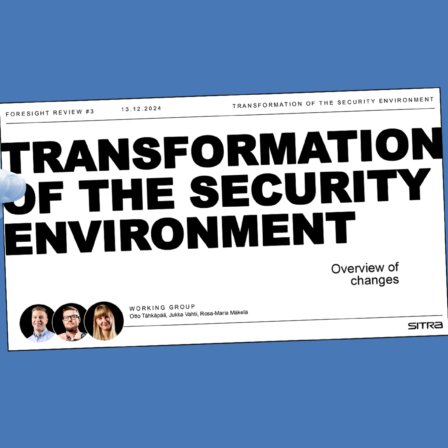
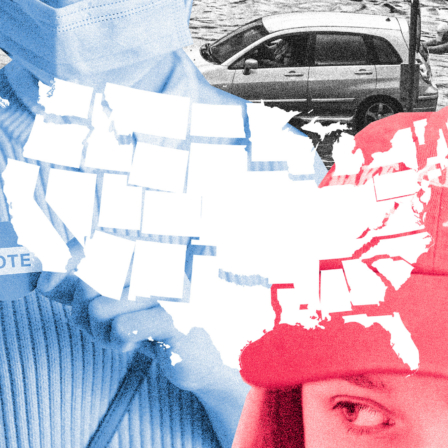


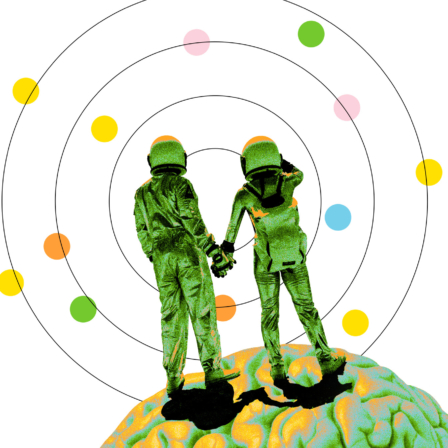






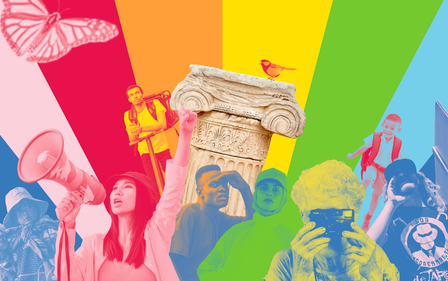

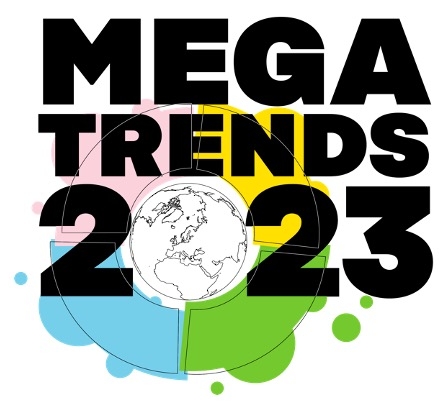
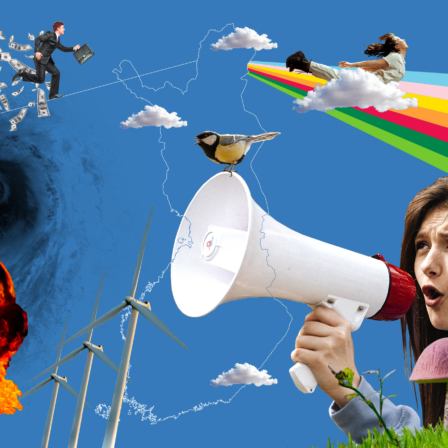
Recommended
Have some more.